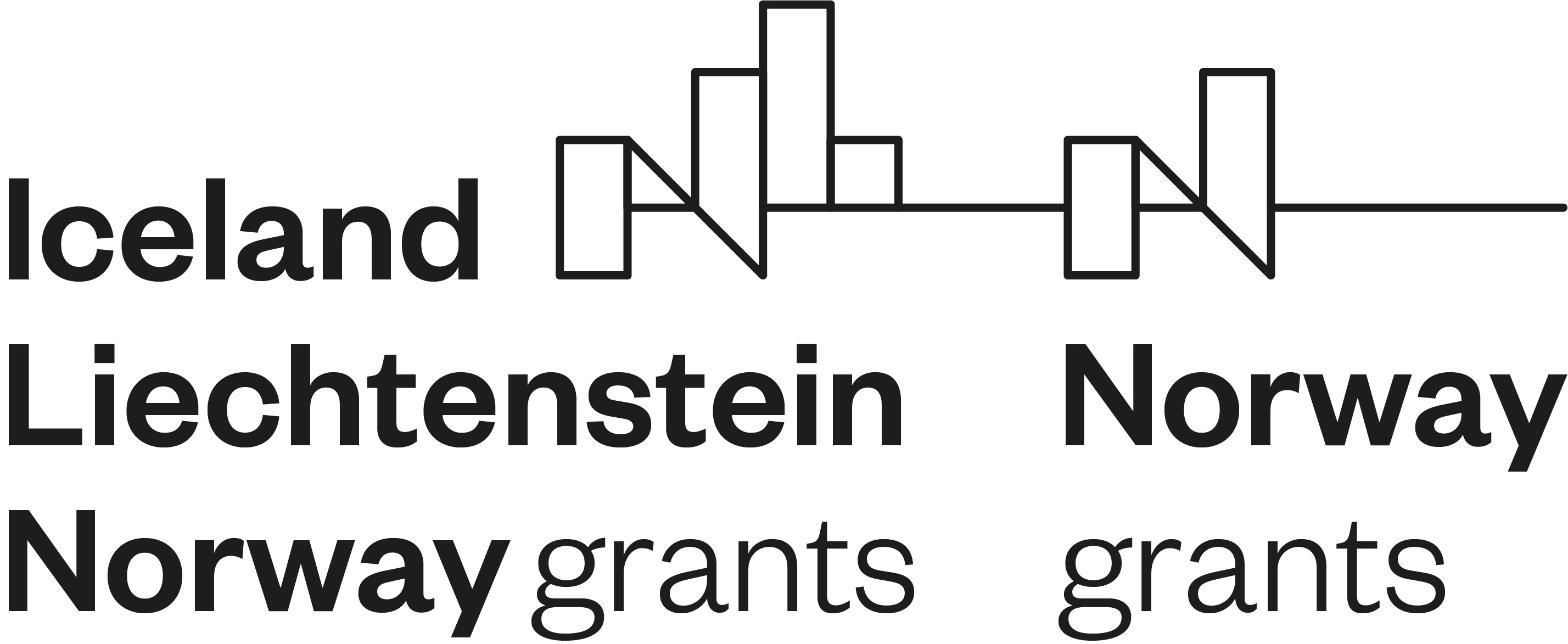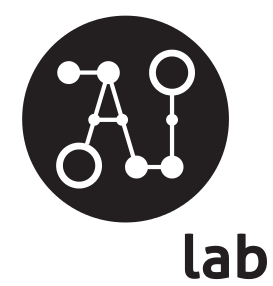European Economic Area Grants

Markus Schatten (July 2022 - January 2024)
In the II. elementary school in Varaždin, the infrastructure for conducting STEM education is largely insufficient, defective or non-existent. Teachers do not have the necessary skills to teach using modern technology such as AI, AR or 3D printing, nor to use modern teaching methods such as gamification and e-learning. Students and especially students with special learning needs are deprived of learning about these technologies and methods. The school will undergo a digital transformation through the STEAM concept that adds the Arts to STEM education by equipping 4 classrooms including existing astronomic observatory, comprehensive teacher education, curriculum development and activities for students.
Croatian Science Foundation Grants

Markus Schatten (February 2019 - April 2024)
Hybrid artificial intelligence methods, which can be defined as the orchestration of complementary heterogeneous both symbolic and statistical AI methods to acquire more precise results, are omnipresent in contemporary scientific literature. Still, the methodology of developing such systems is in most cases ad-hoc and depends from project to project. Computer games have always been connected to the development of AI. From the earliest chess minmax algorithm by Claude Shannon in 1949 to the more recent AlphaGo in 2015, computer games provide an ideal testing environment for AI methods. Similarly, AI has always been an important part of computer games, which have often been judged by the quality of their AI and praised if they used an innovative approach. Computer games allow us to test AI methods, not only for fun and leisure, but also for numerous other fields of human activity through the fields of serious games and gamification. The project proposes to establish an new framew ork for the orchestration of hybrid artificial intelligence methods with a special application to computer games. Therefore an ontology of hybrid AI methods as well as a meta-model shall be developed that would allow for creating models (ensembles) of hybrid AI methods. This meta-model would be implemented into a modular distributed orchestration platform which would be further enriched with a number of modules to be tested in four gaming related environments: (1) MMORPG games, (2) gamified learning platform, (3) serious game related to autonomous vehicles and (4) a game for a holographic/volumetric gaming console which would also be developed during the project.

Markus Schatten (October 2014 - September 2017)
Massively multi-player on-line role playing games (MMORPGs) give us the opportunity to study two important aspects of computing: (1) large-scale virtual social interaction of people (players) and (2) the design, development and coordination of large-scale distributed artificial inteligence (AI). A common denominator for both aspects are the methods used to study them: social interaction can be descibed and simulated using agent-based models (ABM social science perspective) whilst distributed AI is commonly modelled in terms of multi-agent systems (MAS computer science perspective). The important question to ask in both perspectives is how do agents organize in order to perform their tasks and reach their objectives? Herein we will employ a combined empirical and theoretical approach towards finding the answer to this question. From the empirical side, we shall study the human behaviour on a number of venues across various gaming servers in order to find most suitable structures, cultures, processes, strategies and dynamics employed by most successful player communities. From the theoretical side, we shall test a multitude of organizational architectures from organization theory in various MMORPG settings, and compare them with methods found in empirical research. Our research is therefore aimed towards enriching the organizational design methods for the development of MMORPG to foster the development of self-organizing and adaptable networks of large-scale multi-agent systems.
COST Grants

Markus Schatten (September 2016 - September 2020)
We are witnessing a remarkable growth of citizen science (CS), that is, the participation of people from all walks of life in scientific research. The main aim of this Action is to bundle capacities across Europe to investigate and extend the impact of the scientific, educational, policy, and civic outcomes of citizen science with the stakeholders from all sectors concerned (e.g., policy makers, social innovators, citizens, cultural organizations, researchers, charities and NGOs), to gauge the potential of citizen science as enabler of social innovation and socio-ecological transition. The Action will explore the potential transformative power of citizen science for smart, inclusive, and sustainable ends, and will provide frameworks for the exploitation of the potential of European citizens for science and innovation. The relevance and timeliness of the Action derive from the recent explosion of activity around citizen science, as ordinary people and researchers begin to understand the power of technological devices which allow them to record the environment around them and share and collectively interpret data and knowledge to advance science and society. Given the trans-disciplinarity of citizen science, the Action will benefit from the different contributions and perspectives from a range of disciplines and research cultures. As the latter rarely overlap and engage directly, the Action provides an ideal means for knowledge sharing and focused development on the topic by enabling better integration of separate national activities at a European and international scale.
UniZG Grants

Mario Konecki (June 2015 - December 2015)
During the project innovation possibilities of teaching programming by using novel methods and technologies including artificial intelligence are giong to be evaluated and investigated with the objective to develop new methods and additionally motivate students.

Mario Konecki (August 2014 - December 2014)
The project explores the possibility of making graphical user interfaces design more accessible to visually impaired. The project proposes GUIDL (Graphical User Interface Description Language) system that consists of its own GUIDL language for description of graphical user interfaces and a set of mediators that enable visually impaired to translate their designs into desired programming technology in order to be able to include their designs in actual projects and solutions. The project team will develop a functional prototype of GUIDL system for testing purposes and test whether GUIDL system can achieve the goals that have been set in the project with the main goal to provide visually impaired with assistive technology and an easy and intuitive way to be included in the graphical user interfaces design activities.

Markus Schatten (August 2014 - December 2014)
The research in UAVTraffic is aimed towards making a first step in developing basic traffic rules for (autonomous) UAVs by using simulation models and small scale field studies. In accordance with this objective, UAVTraffic will make good use of advanced semantic Web technologies (especially of the ontology of cooperative intelligent transport systems developed at the University of Zagreb), multi-agent system methodology (especially proactive agents, automated planning and negotiation algorithms), technologies for machine vision (especially spatial object recognition), the Internet of Things or more specifically the Internet of Vehicles (a network of various devices like smart phones, watches, goggles, cars but also UAVs and other things that will allow for traffic control).

Markus Schatten (October 2013 - June 2014)
The research is aimed towards the development and formalization of organizational design methods for multi-agent systems in the Internet of Things. The team will develop a semantic wiki about organizational design methods, as well as a formal ontology to foster further development of software engineering techniques for agent organizations.
OpenSource Projects

The laboratory members are devoted to open source and free software. Most of our projects are available on GitHub.
